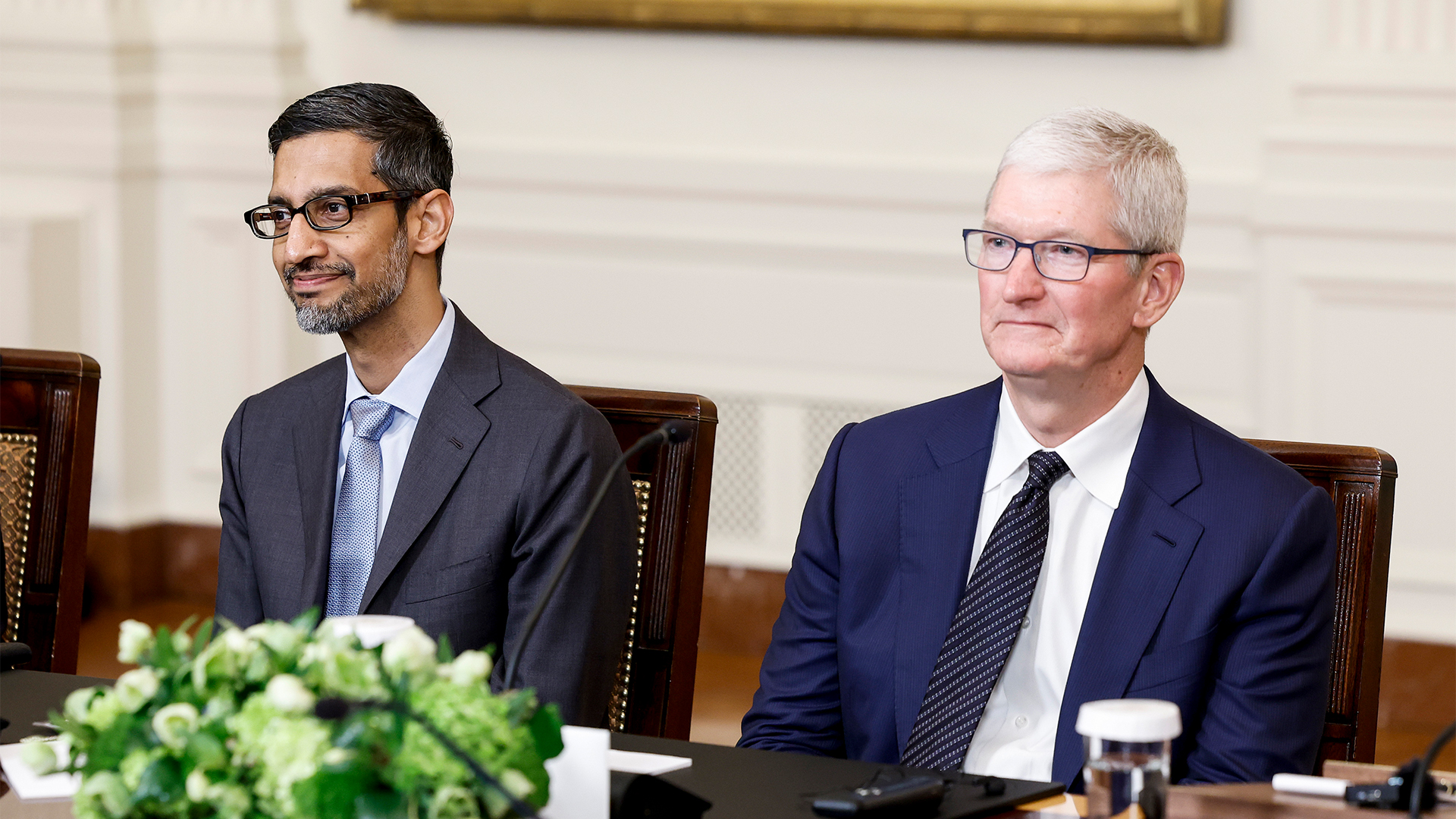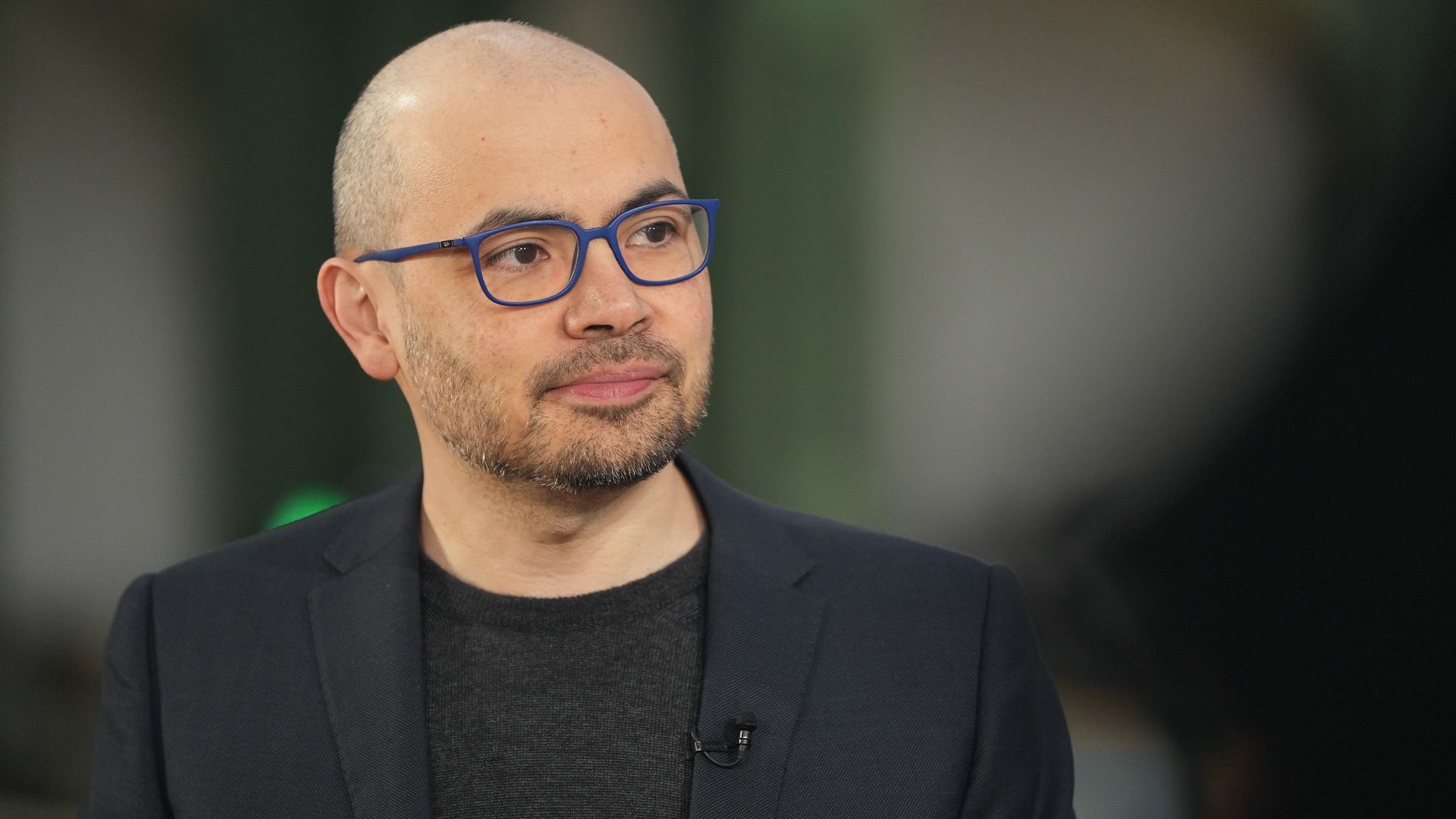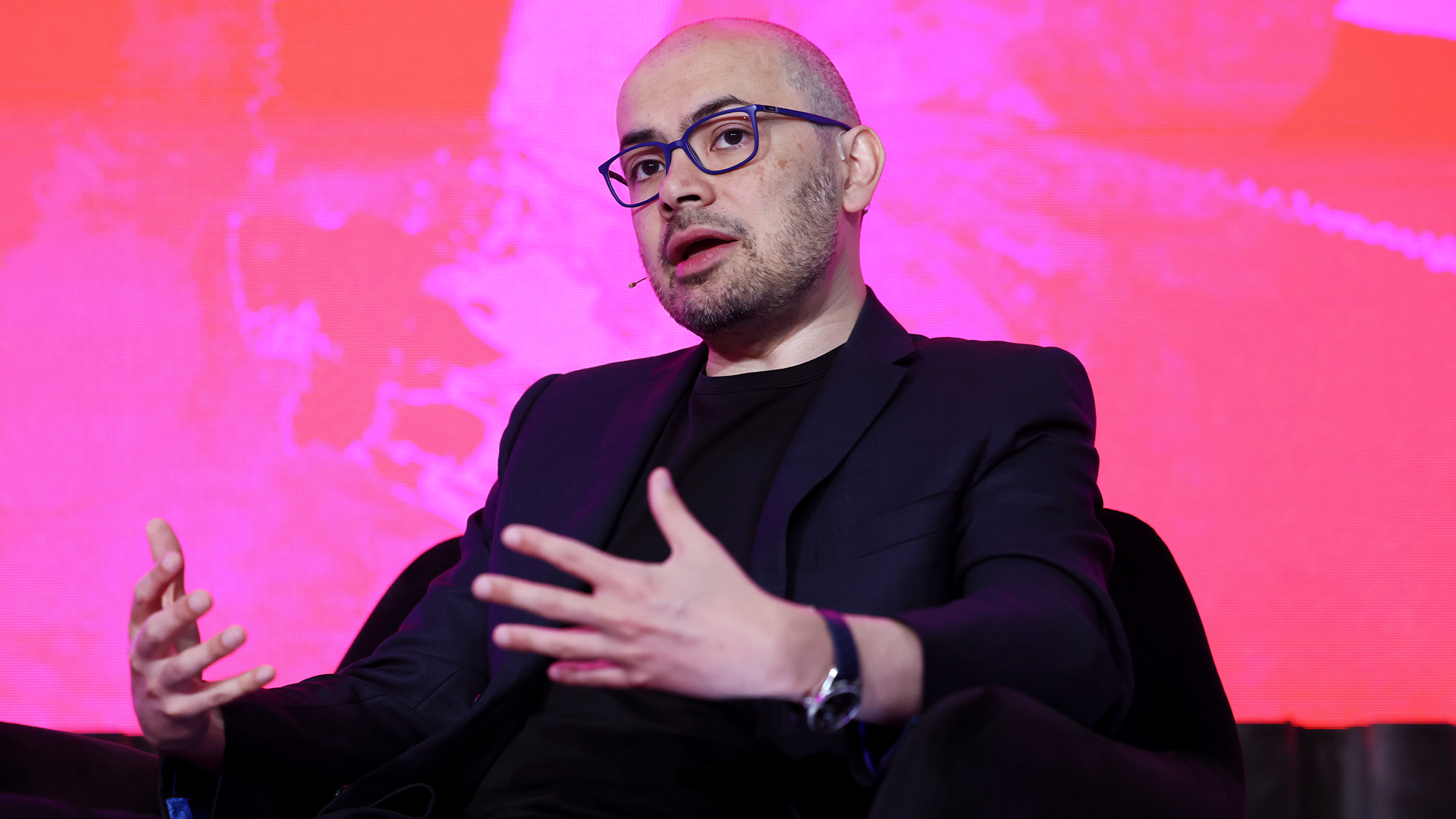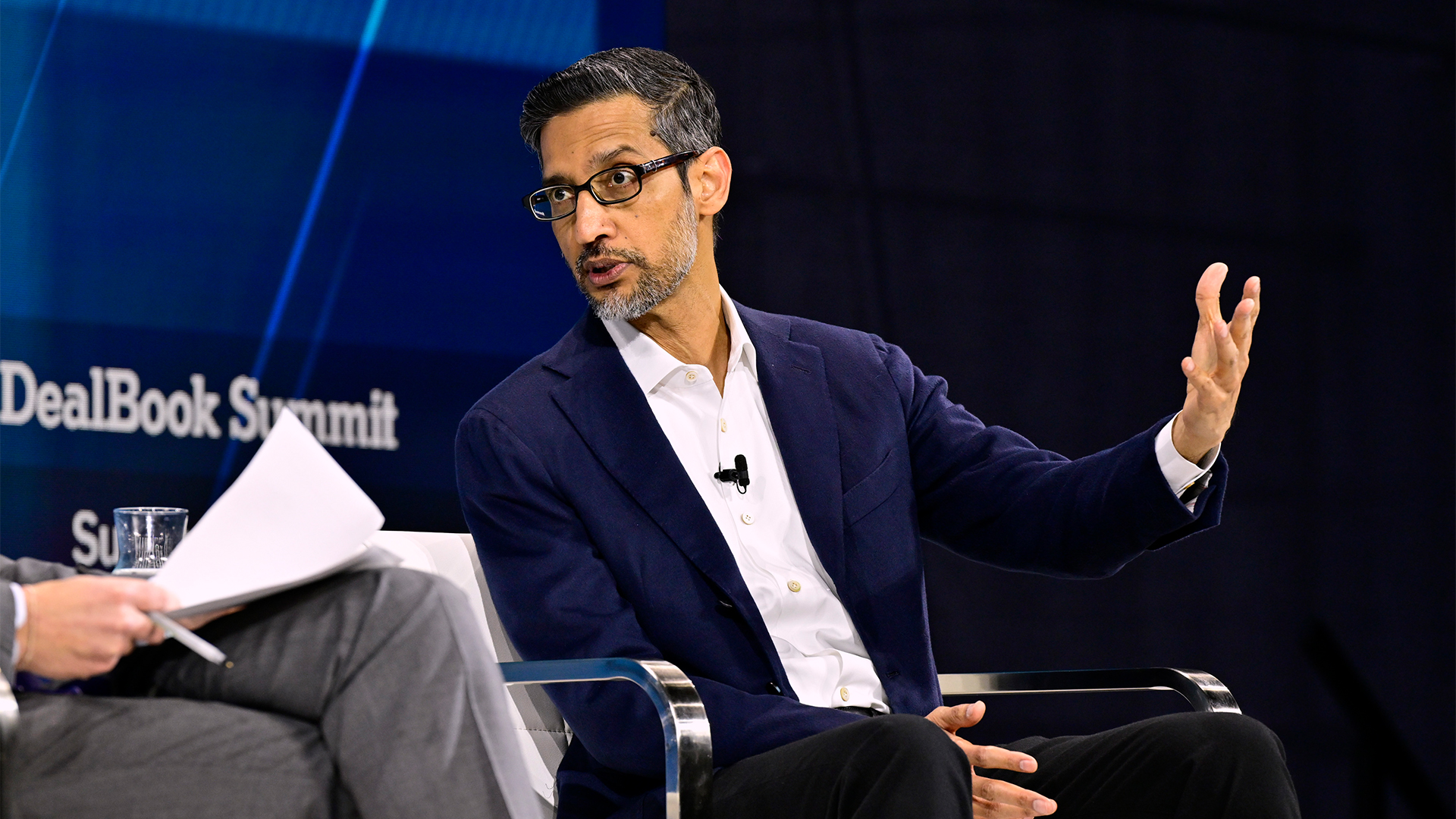Google looks to “set the record straight” in $7 billion AI patent case
Google says it has not infringed patents and looks forward to “setting the record straight in court”


Google is set to defend itself in a US court case in which the tech giant is accused of infringing the patents of another tech company’s Tensor Processing Units (TPUs).
Singular Computing, which initially filed its complaint against Google in late 2019, alleges that the company’s founder Dr Joseph Bates had developed a novel computing architecture which enabled a more efficient use of a computer’s transistors and “revolutionized the way AI training and inference are accomplished”.
A TPU is an application-specific integrated circuit that can be used to accelerate computing tasks used in areas such as machine learning.
The tech firm said that with two versions of its TPUs, Google had infringed patents following several meetings with Bates between 2010 and 2014. Jurors today (9 January) heard that Google allegedly copied the technology in a bid to accelerate AI development goals.
In its complaint, Singular claims Google went on to use the TPUv2 and TPUv3 devices to provide AI capabilities that enhance the performance of its Ads platform as well as its Translate, Photos, Search, Assistant, Cloud, and Gmail services.
Google denies patent infringement claims
In its court filing in December, Google said that it had not infringed the patents, and noted that Singular was requesting up to $7 billion in damages.
“Google engineers had mixed feelings about the technology and the company ultimately rejected it, explicitly telling Dr Bates that his idea was not right for the type of applications Google was developing,” court filings from Google stated.
Sign up today and you will receive a free copy of our Future Focus 2025 report - the leading guidance on AI, cybersecurity and other IT challenges as per 700+ senior executives
RELATED RESOURCE

Find out how you can make the most of the opportunities GenAI offers
According to Reuters, internal emails showed Google chief scientist, Jeff Dean, discussed the potential use of the technology, noting that it would be “really well suited” for Google projects.
In a statement to ITPro, Google spokesperson José Castañeda contested the claims from Singular, adding that the company welcomes the opportunity to settle the matter in court.
“Singular’s patent claims are dubious and currently on appeal. They don’t apply to our Tensor Processing Units, which we developed independently over many years,” Castañeda said. “We look forward to setting the record straight in court."
ITPro has approached Singular Computing for comment.
Steve Ranger is an award-winning reporter and editor who writes about technology and business. Previously he was the editorial director at ZDNET and the editor of silicon.com.
-
 Microsoft unveils Maia 200 accelerator, claiming better performance per dollar than Amazon and Google
Microsoft unveils Maia 200 accelerator, claiming better performance per dollar than Amazon and GoogleNews The launch of Microsoft’s second-generation silicon solidifies its mission to scale AI workloads and directly control more of its infrastructure
-
 Infosys expands Swiss footprint with new Zurich office
Infosys expands Swiss footprint with new Zurich officeNews The firm has relocated its Swiss headquarters to support partners delivering AI-led digital transformation
-
 DeepSeek rocked Silicon Valley in January 2025 – one year on it looks set to shake things up again with a powerful new model release
DeepSeek rocked Silicon Valley in January 2025 – one year on it looks set to shake things up again with a powerful new model releaseAnalysis The Chinese AI company sent Silicon Valley into meltdown last year and it could rock the boat again with an upcoming model
-
 Google’s Apple deal is a major seal of approval for Gemini – and a sure sign it's beginning to pull ahead of OpenAI in the AI race
Google’s Apple deal is a major seal of approval for Gemini – and a sure sign it's beginning to pull ahead of OpenAI in the AI raceAnalysis Apple opting for Google's models to underpin Siri and Apple Intelligence is a major seal of approval for the tech giant's Gemini range – and a sure sign it's pulling ahead in the AI race.
-
 Google DeepMind CEO Demis Hassabis thinks startups are in the midst of an 'AI bubble'
Google DeepMind CEO Demis Hassabis thinks startups are in the midst of an 'AI bubble'News AI startups raising huge rounds fresh out the traps are a cause for concern, according to Hassabis
-
 Google DeepMind partners with UK government to boost AI research
Google DeepMind partners with UK government to boost AI researchNews The deal includes the development of a new AI research lab, as well as access to tools to improve government efficiency
-
 Google blows away competition with powerful new Gemini 3 model
Google blows away competition with powerful new Gemini 3 modelNews Gemini 3 is the hyperscaler’s most powerful model yet and state of the art on almost every AI benchmark going
-
 Google CEO Sundar Pichai sounds worried about a looming AI bubble – ‘I think no company is going to be immune, including us’
Google CEO Sundar Pichai sounds worried about a looming AI bubble – ‘I think no company is going to be immune, including us’News Google CEO Sundar Pichai says an AI bubble bursting event would have global ramifications, but insists the company is in a good position to weather any storm.
-
 Some of the most popular open weight AI models show ‘profound susceptibility’ to jailbreak techniques
Some of the most popular open weight AI models show ‘profound susceptibility’ to jailbreak techniquesNews Open weight AI models from Meta, OpenAI, Google, and Mistral all showed serious flaws
-
 Sundar Pichai thinks commercially viable quantum computing is just 'a few years' away
Sundar Pichai thinks commercially viable quantum computing is just 'a few years' awayNews The Alphabet exec acknowledged that Google just missed beating OpenAI to model launches but emphasized the firm’s inherent AI capabilities
